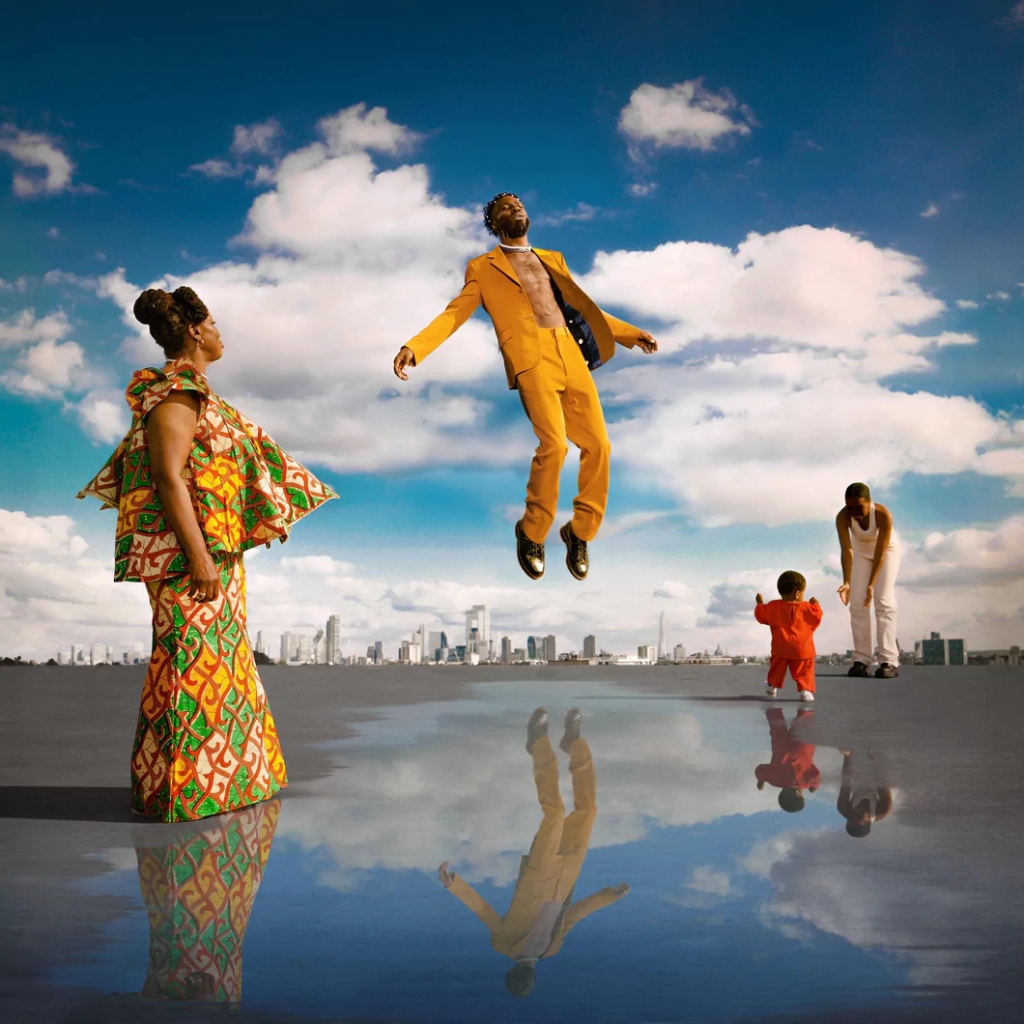Here’s my rundown of all the runners and riders in this year’s Mercury Music Prize. Reviews start short and get shorter as fatigue crept in.
Predicted winner at the end. I’ve never been right before so I’ll definitely be right this time.
Fergus McCreadie – Forest Floor

The Mercury Music Prize always has one jazz nomination. Never none, which would be rude; never two, which would be overdoing it. Always one.
This year it is Fergus McCreadie’s turn. Forest Floor is a piano-led pastoral jazz album which, despite my tendency to support complicated, commercially non-viable music, I just don’t like.
The first track is one of those piano tracks which is A LOT OF NOTES and strikes me as showing off. Then there are some quasi-pleasant folky/woodland style pieces that are ‘interesting’ but I’d probably never bother listening to ever again.
Apple Music has put McCreadie’s music on a Restorative Yoga playlist, which probably explains sufficiently why I find this album nearer to appalling than nice.
Gwenno – Tresor

Very strong ‘afternoon at Latitude drinking a somewhat stronger than you’d imagined cider’ vibe to this album. Straight out of the dreamy psychedelia tradition of Broadcast and Gruff Rhys, this is one of those albums that I’d never have come across without a Mercury nomination. It’s mostly in Cornish, so I have no idea what is going on lyrically. She could be talking about elves; it could be dark ruminations on former lovers. The fact that you have got those options is part of the pleasure. I loved it.
Harry Styles – Harry’s Room
Apart from once working next to a woman in her late 20s who declared that she found a 16-year-old Harry Styles hot, I have been mercifully unaware of the pop princeling’s cultural impact to date.
Harry’s Room, for the first four or five songs, is really good. It has enough of a Venn diagram crossover with Beck, Nile Rodgers and A-ha to make it quite pleasing in the early stages.
Styles rapidly loses faith in this credible album lark about half-way through, no doubt fearing that long-time fans will be turned off by actually good music. Thereafter he performs a series of psychologically damaging ballads, the standout being the deeply unpleasant Boyfriends, which is basically Styles saying: “Hey girls, boys aren’t as thoughtful as they should be and girls deserve better, but, you know, boys are fairly shit, even the great Harry Styles himself sometimes, despite being really pretty.”
Kojey Radical – Reason to Smile

I do like Kojey Radical, but I do not like this album.
I am constitutionally opposed to songs called Happy or albums called Reason to Smile, as I’d always presume that the opposite would be better.
Too many tracks on this album sound like a credible artist trying to be as commercially palatable as possible, as if he wants to become an English Will Smith or something. There are a few good songs on Reason to Smile, particularly his duet with Ego Ella May (who needs a Mercury nomination herself one of these days), but I basically much prefer his In God’s Body album.
Yet, still. Kojey can be a monstrously good rapper, and if he wins the prize I’d definitely put aside my concerns and tip my cap to the fella.
Little Simz- Sometimes I might be introvert

There are people out there who think that a 65-minute rap album with 19 tracks including 4 interludes is too long. I’m here to say – those people are dead wrong. This is a long album, but it explodes from the spectacular title track and keeps going, dipping into classic soul, musicals, Afrobeat, all threaded through with self-examining rap. Sometimes the lyrics can feel a bit like a self-help book to beats, but on the whole this is a banger.
Nova Twins – Supernova
Pop-rap-heavy rock. Strong female Fred Durst vibes, mixed with a touch of Kelis and huge riffs. No doubt enormously enjoyable live, which might give them a chance when the winner is picked.
Sam Fender – Seventeen Going Under
Earnest anthems by an earnest man. Sounds to me like he’s listened to Hungry Heart by Springsteen and made an entire career out of it. I never did like that stadium singer-songwriter thing and while he’s probably a good lad who is kept up at night raging about the emptiness of the Levelling Up agenda, his music leaves me utterly cold.
Self Esteem – Prioritise Pleasure
Diary entries turned into wild, astringent dance hits. The type of music you listen to if you cannot face going to work or leaving the house and it will give you the boost to do it. Or it may just make you feel good about not bothering. Possible winner.
Wet Leg – Wet Leg

While Sam Fender is always trying ever so hard and is permanently sub-par, Wet Leg give the strong impression of being barely semi-half-arsed, and still end up great. Life’s terribly unfair, isn’t it?
Yard Act – The Overload
Northern man does witty lyrics in a pretty decent imitation of the late Mark E Smith. Nice.
Joy Crookes – Skin
This year’s Laura Mvula. Splendid voice, lovely arrangements, lyrics that do enough but not too much. Respect for the name-check of the number 35 bus on When You Were Mine. I’d probably end up listening to this album more than all the others. Apart from Little Simz.
Prediction
Heart: Anyone but Sam Fender.
Head: Sam Fender.










